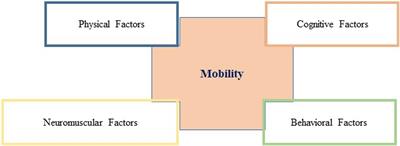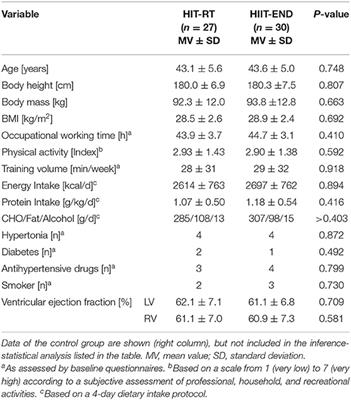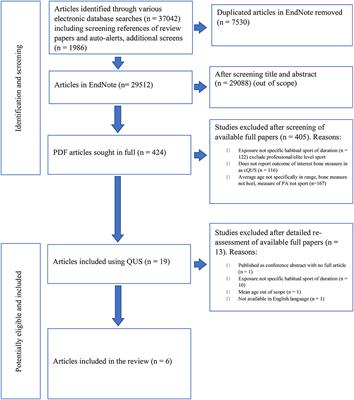EDITORIAL
Published on 09 Feb 2021
Editorial: Optimal Mobility and Function Across the Lifespan
doi 10.3389/fphys.2021.652640
- 1,185 views
35k
Total downloads
166k
Total views and downloads
EDITORIAL
Published on 09 Feb 2021
ORIGINAL RESEARCH
Published on 21 Oct 2020

REVIEW
Published on 15 Sep 2020

SYSTEMATIC REVIEW
Published on 31 Jul 2020

REVIEW
Published on 31 Jul 2020

MINI REVIEW
Published on 23 Jul 2020
PERSPECTIVE
Published on 03 Jul 2020

SYSTEMATIC REVIEW
Published on 23 Jun 2020

ORIGINAL RESEARCH
Published on 16 Jun 2020

ORIGINAL RESEARCH
Published on 10 Jun 2020

MINI REVIEW
Published on 24 Apr 2020

SYSTEMATIC REVIEW
Published on 06 Mar 2020

